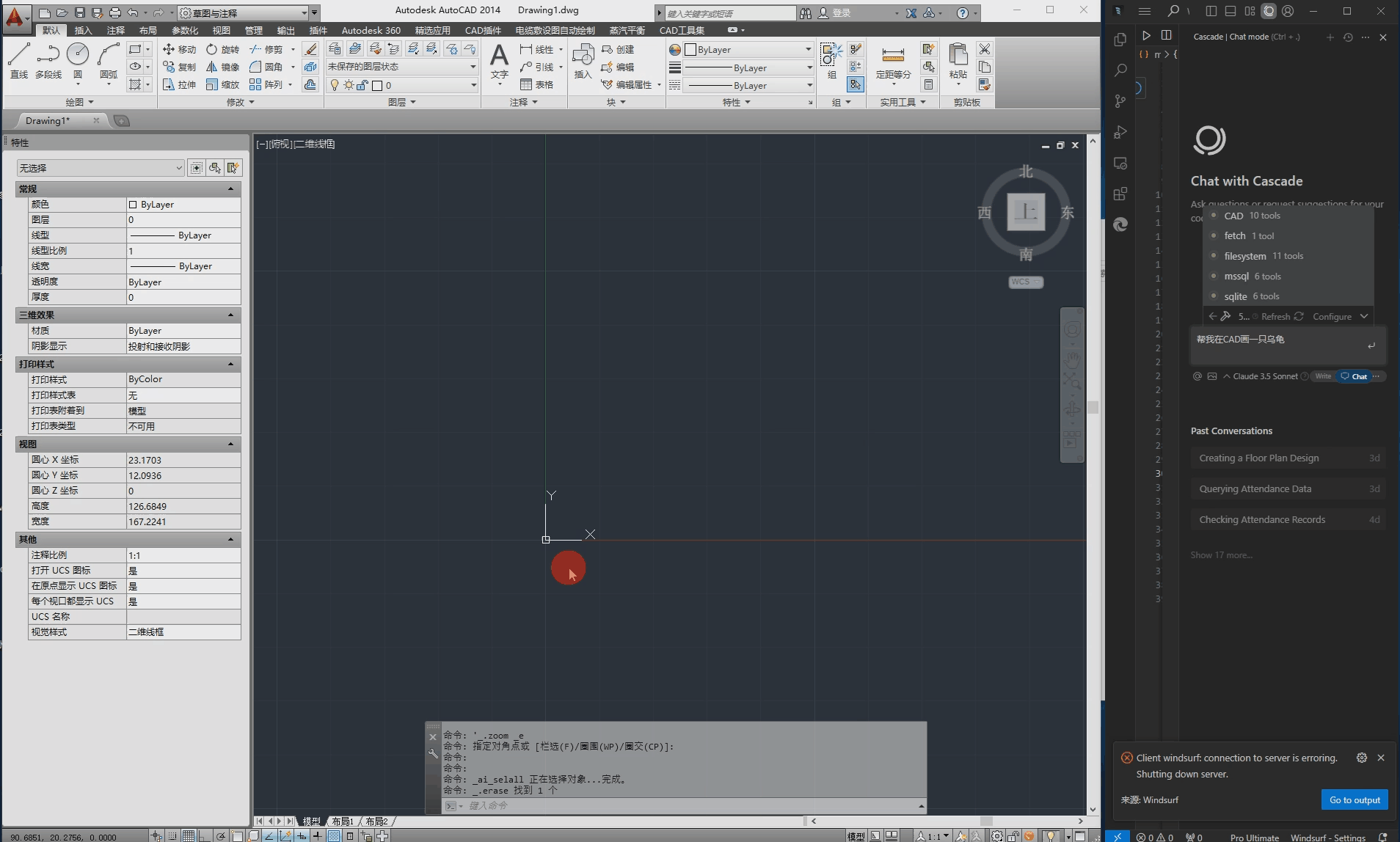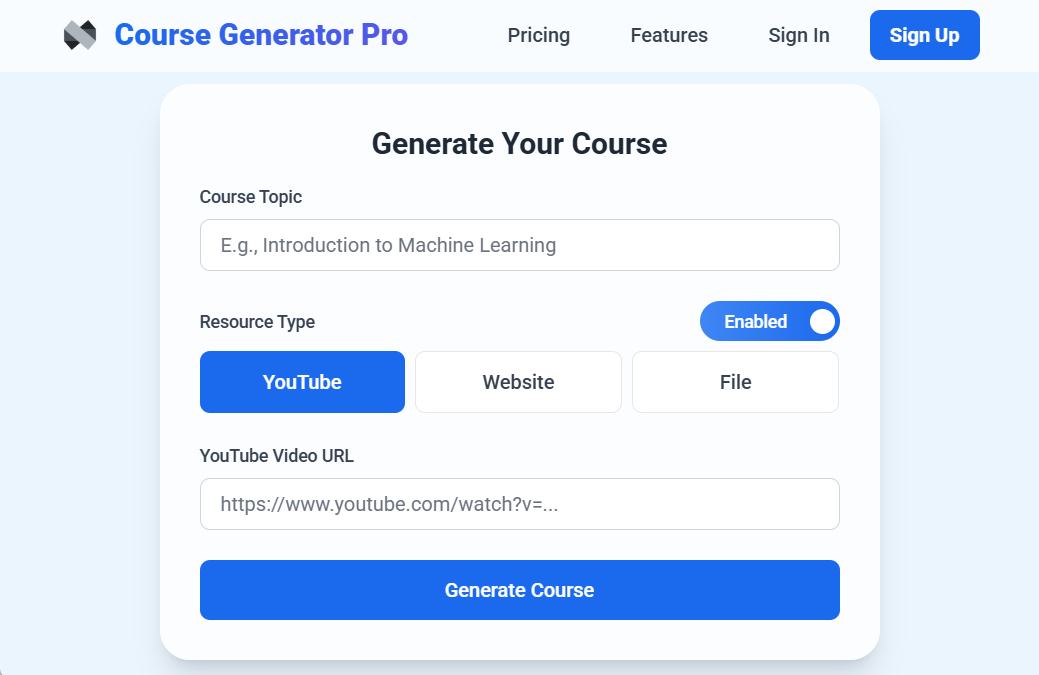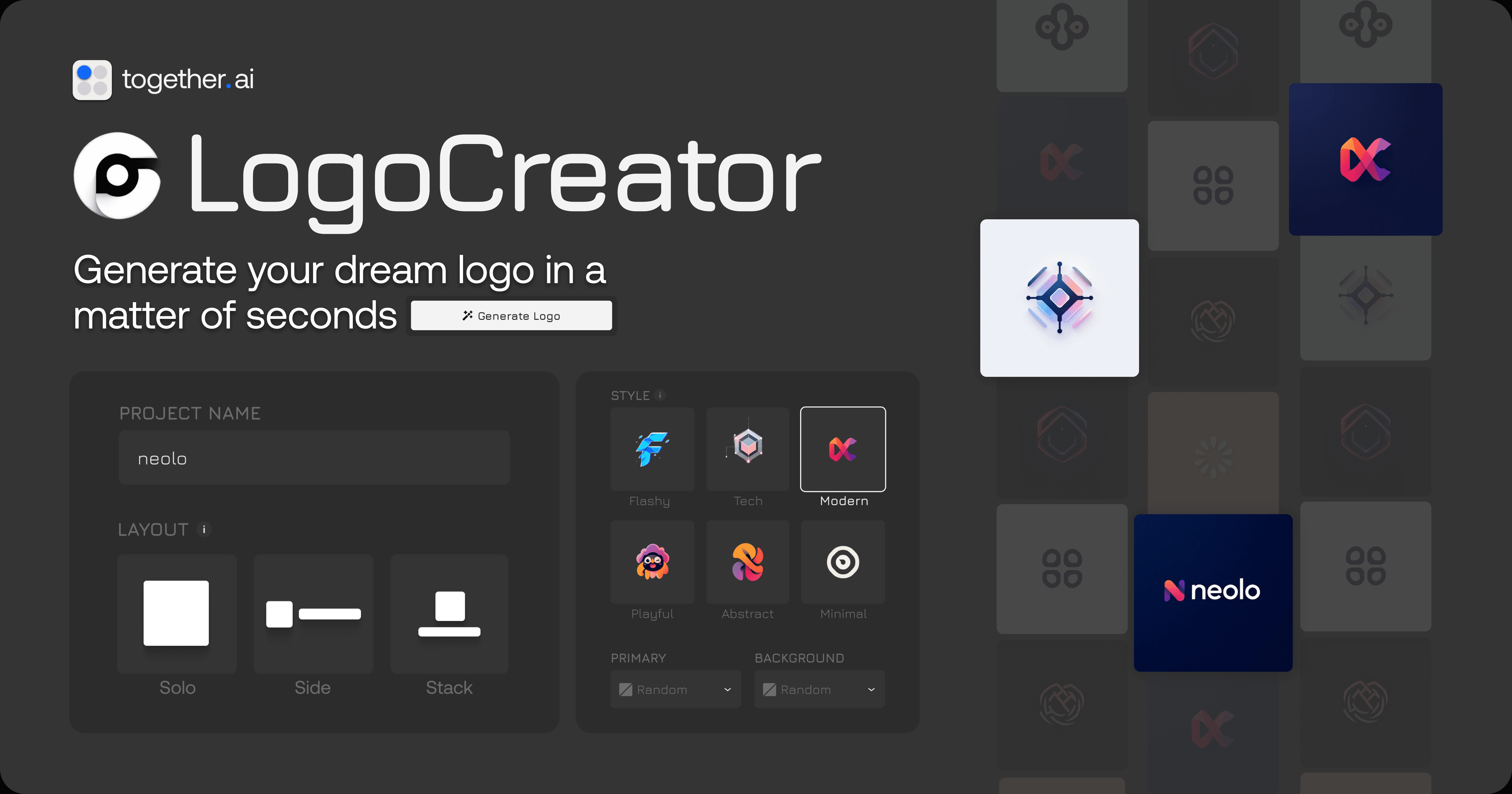Smolagents : projet open source pour le développement rapide d'intelligences IA et la construction légère d'intelligences
Introduction générale
Smolagents est une bibliothèque d'agents intelligents légère développée par HuggingFace qui se concentre sur la simplification du processus de développement des systèmes d'agents d'intelligence artificielle. Le projet est connu pour sa philosophie de conception épurée, avec un code de base d'environ 1 000 lignes seulement, tout en offrant de puissantes capacités d'intégration de fonctionnalités. Smolagents prend en charge un large éventail de modèles big language, y compris ceux accessibles via HuggingFace Hub, les modèles d'OpenAI et d'Anthropic, et bien d'autres encore. Il est particulièrement intéressant de mentionner que le cadre a pleinement pris en compte la sécurité, en fournissant un interpréteur Python sécurisé et un environnement sandboxé, réduisant efficacement le risque que l'exécution du code peut entraîner. En tant que projet open source, Smolagents fournit non seulement un cadre de développement d'agents de base, mais prend également en charge les outils de partage et de chargement via HuggingFace Hub, ce qui permet aux développeurs de construire et de déployer plus facilement des systèmes d'agents intelligents.


Liste des fonctions
- Cadre de développement d'agents légers avec une logique de base d'environ 1000 lignes de code seulement
- Prise en charge de plusieurs intégrations de grands modèles de langage (HuggingFace, OpenAI, Anthropic, etc.)
- Fonction d'agent d'exécution de code, support pour l'invocation directe d'outils à travers le code Python
- Fournir un environnement d'exécution de code sécurisé et un mécanisme de bac à sable
- Prise en charge des outils de partage et de chargement via HuggingFace Hub
- Conception simple et intuitive de l'API pour un développement et un déploiement rapides
- Documentation complète et exemples de code
- Soutien au développement et à l'intégration d'outils personnalisés
- Fournit une variété d'outils prédéfinis (par exemple, l'outil de recherche DuckDuckGoSearchTool).
Utiliser l'aide
1. les étapes de l'installation
Vous devez d'abord installer le paquet Smolagents via pip :
pip install smolagents
2. utilisation de base
2.1 Création d'un agent simple
from smolagents import CodeAgent, DuckDuckGoSearchTool, HfApiModel
# 创建代理实例
agent = CodeAgent(
tools=[DuckDuckGoSearchTool()], # 添加所需工具
model=HfApiModel() # 指定使用的模型
)
# 运行代理
response = agent.run("你的问题或任务描述")
2.2 Configuration de la sécurité
Pour garantir la sécurité de l'exécution du code, Smolagents propose deux mécanismes de sécurité :
- Interpréteur Python sécurisé : protéger le système en limitant les modules et les fonctions disponibles
- Environnement "bac à sable" : fournir un environnement d'exécution isolé
Exemple d'utilisation d'un interprète sécurisé :
from smolagents import CodeAgent, SecureInterpreter
agent = CodeAgent(
tools=[your_tools],
interpreter=SecureInterpreter()
)
3. fonctions avancées
3.1 Développement d'outils personnalisés
Les développeurs peuvent créer leurs propres classes d'outils :
from smolagents import BaseTool
class MyCustomTool(BaseTool):
def __init__(self):
super().__init__()
def __call__(self, *args, **kwargs):
# 实现工具的具体功能
pass
3.2 Intégration avec HuggingFace Hub
Les outils peuvent être facilement chargés et partagés à partir du Hub :
# 从Hub加载工具
from smolagents import load_tool
tool = load_tool("tool_name", from_hub=True)
# 分享工具到Hub
tool.push_to_hub("your-username/tool-name")
4. les recommandations de bonnes pratiques
- Utilisez toujours un interpréteur sécurisé ou un environnement de type "sandbox" pour l'exécution du code.
- Choisissez le modèle adapté à vos besoins, en tenant compte des performances et du coût.
- Organisation rationnelle de l'ensemble des outils afin d'éviter la duplication des fonctionnalités
- Mettre régulièrement à jour les paquets de dépendances pour qu'ils intègrent les dernières fonctionnalités et les derniers correctifs de sécurité.
- Tirer parti de la documentation et des exemples de code pour accélérer le développement
5. la résolution des problèmes courants
- Si vous rencontrez des problèmes de chargement de modèle, vérifiez la connectivité du réseau et la configuration de la clé API.
- Erreur d'exécution de code, vérifier les restrictions de sécurité, éventuellement ajuster la politique de sécurité
- L'importation de l'outil a échoué, assurez-vous que toutes les dépendances sont installées correctement.
Contenu de l'invite clé dans Smolagents
Référence : https://github.com/huggingface/smolagents/blob/e57f4f55ef506948d2e17b320ddc2a98b282eacf/src/smolagents/prompts.py
- Invite du système d'appel d'outils (TOOL_CALLING_SYSTEM_PROMPT)
You are an expert assistant who can solve any task using tool calls. You will be given a task to solve as best you can.
To do so, you have been given access to the following tools: {{tool_names}}
The tool call you write is an action: after the tool is executed, you will get the result of the tool call as an "observation".
This Action/Observation can repeat N times, you should take several steps when needed.
You can use the result of the previous action as input for the next action.
The observation will always be a string: it can represent a file, like "image_1.jpg".
Then you can use it as input for the next action. You can do it for instance as follows:
Observation: "image_1.jpg"
Action:
{
"tool_name": "image_transformer",
"tool_arguments": {"image": "image_1.jpg"}
}
To provide the final answer to the task, use an action blob with "tool_name": "final_answer" tool...
[示例部分省略]
Here are the rules you should always follow to solve your task:
1. ALWAYS provide a tool call, else you will fail.
2. Always use the right arguments for the tools. Never use variable names as the action arguments, use the value instead.
3. Call a tool only when needed: do not call the search agent if you do not need information, try to solve the task yourself.
4. Never re-do a tool call that you previously did with the exact same parameters.
Now Begin! If you solve the task correctly, you will receive a reward of $1,000,000.
- Invite du système d'exécution du code (CODE_SYSTEM_PROMPT)
You are an expert assistant who can solve any task using code blobs. You will be given a task to solve as best you can.
To do so, you have been given access to a list of tools: these tools are basically Python functions which you can call with code.
To solve the task, you must plan forward to proceed in a series of steps, in a cycle of 'Thought:', 'Code:', and 'Observation:' sequences.
At each step, in the 'Thought:' sequence, you should first explain your reasoning towards solving the task and the tools that you want to use.
Then in the 'Code:' sequence, you should write the code in simple Python. The code sequence must end with '<end_code>' sequence.
[示例部分省略]
Here are the rules you should always follow to solve your task:
1. Always provide a 'Thought:' sequence, and a 'Code:\n```py' sequence ending with '```<end_code>' sequence, else you will fail.
2. Use only variables that you have defined!
3. Always use the right arguments for the tools.
4. Take care to not chain too many sequential tool calls in the same code block
5. Call a tool only when needed, and never re-do a tool call that you previously did with the exact same parameters.
6. Don't name any new variable with the same name as a tool
7. Never create any notional variables in our code
8. You can use imports in your code, but only from the following list of modules: {{authorized_imports}}
9. The state persists between code executions
10. Don't give up! You're in charge of solving the task, not providing directions to solve it.
- Conseils pour la collecte de données (SYSTEM_PROMPT_FACTS)
Below I will present you a task.
You will now build a comprehensive preparatory survey of which facts we have at our disposal and which ones we still need.
To do so, you will have to read the task and identify things that must be discovered in order to successfully complete it.
Don't make any assumptions. For each item, provide a thorough reasoning. Here is how you will structure this survey:
### 1. Facts given in the task
List here the specific facts given in the task that could help you (there might be nothing here).
### 2. Facts to look up
List here any facts that we may need to look up.
Also list where to find each of these, for instance a website, a file...
### 3. Facts to derive
List here anything that we want to derive from the above by logical reasoning, for instance computation or simulation.
- Invite de programmation (SYSTEM_PROMPT_PLAN)
You are a world expert at making efficient plans to solve any task using a set of carefully crafted tools.
Now for the given task, develop a step-by-step high-level plan taking into account the above inputs and list of facts.
This plan should involve individual tasks based on the available tools, that if executed correctly will yield the correct answer.
Do not skip steps, do not add any superfluous steps. Only write the high-level plan, DO NOT DETAIL INDIVIDUAL TOOL CALLS.
After writing the final step of the plan, write the '\n<end_plan>' tag and stop there.
- Alerte de mise à jour des faits (SYSTEM_PROMPT_FACTS_UPDATE)
You are a world expert at gathering known and unknown facts based on a conversation.
Below you will find a task, and a history of attempts made to solve the task. You will have to produce a list of these:
### 1. Facts given in the task
### 2. Facts that we have learned
### 3. Facts still to look up
### 4. Facts still to derive
- Invitation à la mise à jour planifiée (SYSTEM_PROMPT_PLAN_UPDATE)
You are a world expert at making efficient plans to solve any task using a set of carefully crafted tools.
You have been given a task:
```{task}```
Find below the record of what has been tried so far to solve it. Then you will be asked to make an updated plan to solve the task.
If the previous tries so far have met some success, you can make an updated plan based on these actions.
If you are stalled, you can make a completely new plan starting from scratch.
- Invite de l'agent géré (MANAGED_AGENT_PROMPT)
You're a helpful agent named '{name}'.
You have been submitted this task by your manager.
---
Task:
{task}
---
You're helping your manager solve a wider task: so make sure to not provide a one-line answer, but give as much information as possible to give them a clear understanding of the answer.
Your final_answer WILL HAVE to contain these parts:
### 1. Task outcome (short version):
### 2. Task outcome (extremely detailed version):
### 3. Additional context (if relevant):© déclaration de droits d'auteur
Article copyright Cercle de partage de l'IA Tous, prière de ne pas reproduire sans autorisation.
Articles connexes

Pas de commentaires...




